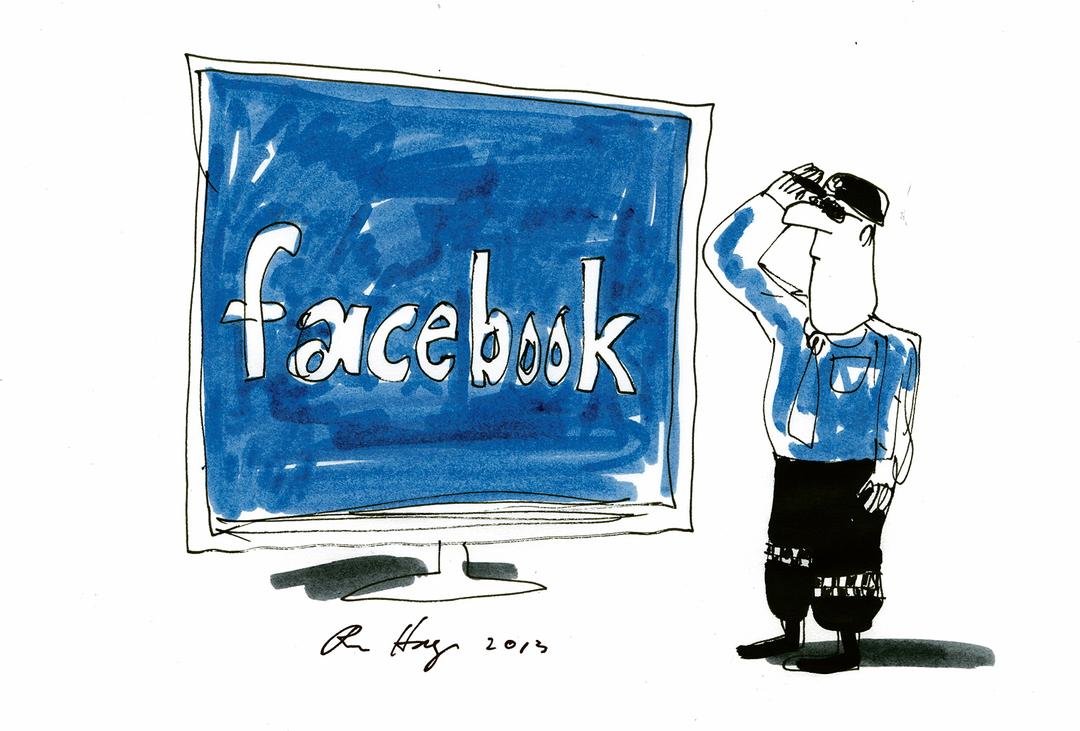Intervju med en hedersmann, og kanskje et par hint her til hvorfor alternative ideologer frykter ham så mye at de må ty til mistenkeliggjøring, ryktespredning og tilgrising.
---
Å bli oljefondsjef er et verdivalg for Nicolai Tangen
Nicolai Tangen skal gi bort eierandeler i hedgefondet for å bli minoritetseier. Nå skal han skape verdier for det norske folk.
AV HANS CHRISTIAN PAULSEN OG ERLEND BERGE
https://reportasje.vl.no/artikkel/1...angen-denne-jobben-har-jeg-ikke-tenkt-a-miste
alternativ link for den som synes det er litt for skummelt å lese VL:
https://www.dagsavisen.no/nyheter/i...-er-et-verdivalg-for-nicolai-tangen-1.1706557
– Jeg kunne satt meg på båten min og drukket vin. Jeg kunne levd herrens glade dager livet ut. Men jeg vil heller bruke det jeg kan om kapitalforvaltning til å gjøre noe positivt for samfunnet og for Norge. Å komme hjem og ta denne stillingen er et verdivalg om hva jeg vil bruke livet mitt på, sier Nicolai Tangen i et eksklusivt intervju med Vårt Land.
Med verdivalg mener Tangen to ting. For det første flytter han fra hjemmet sitt i London for å ta jobben som sjef i Oljefondet.
Det første året uten sin kone, som skal være igjen i London med *deres yngste sønn. Han har ett år igjen av skolegangen.
I tillegg er det et valg som vil få betydelige økonomiske konsekvenser. Dagens Næringsliv har beregnet at han vil tape 13 milliarder kroner på å bytte jobb.
Tangen sitter i hjemme-
karantene i Oslo og snakker med Vårt Land via Skype. Han kaster *stadige blikk ned på telefonen.
Det har stormet rundt Tangen den siste uken, særlig på grunn av det mye omtalte «drømme*seminaret» i Philadelphia.
Han tviler *likevel ikke på om det var riktig å ta jobben.
– Jeg er tvert imot enda mer «keen» på denne jobben enn jeg var før. Nå skal jeg jobbe døgnet rundt for å bevise for det norske* folk hvorfor jeg ble valgt, sier *Nicolai Tangen.
– Jeg har ikke gjort noen formelle feil
– Er du redd for å miste jobben før du begynner?
Tangen ler og smiler, men blir med ett alvorlig i blikket.
– Jeg har ikke tenkt å miste denne jobben, nei. Og jeg er ikke redd for det. Jeg har ikke gjort noen formelle feil her, sier Tangen, og legger til at han planla seminaret flere år før han ble kontaktet om sjefsjobben i Olje*fondet.
– Jeg har tenkt å sitte i den *stolen i begynnelsen av september, sier han bestemt, og sikter til dagen han formelt overtar *jobben etter Yngve Slyngstad, som har ledet Oljefondet de siste tolv årene.
Fondet er verdt omlag 10,5 tusen milliarder kroner, investert utenlands i aksjer, obligasjoner og *eiendom.
Interessekonfliktene
Tangen går fra en posisjon som en av de fremste innen internasjonal finans*forvaltning. Siden oppstarten for 15 år siden har fondet hans, AKO Capital, i snitt utklasset markedet.*
Ifølge Kapital var Tangens formue i 2019 på 5,5 milliarder kroner. Flere har vært bekymret for at formuen kan skape interesse*konflikter når han blir sjef i Olje*fondet.
– Er det noe du gjør nå, eller tenker å gjøre, for å klargjøre at det ikke er interessekonflikter?
– Ja, det er det absolutt. Dette* er ting som vi snakket om i *ansettelsesprosessen, og som vi ble enige om at skulle være på plass i god tid før jeg startet i *jobben. «Compliance-menneskene» i AKO og «compliance-menneskene» i Norges Bank jobber nå sammen for å finne en struktur på mine investeringer som gjør at dette blir problemfritt.
«Compliance-mennesker» *betyr enkelt forklart folk som jobber med at ting er i overensstemmelse med lover, regelverk og interne standarder.
– Det de kommer fram til, blir naturligvis offentlig når det er klart. Jeg er ganske sikker på at folk kommer til å være fornøyde når de ser det. Men en sånn prosess er ikke gjort over natten. Det tar rett og slett litt tid, fordi det er komplekse, juridiske ting som skal på plass.
Gir fra seg kontrollen i AKO Capital
AKO Capital er et fond som investerer i en rekke selskaper som de tror vil stige i verdi over tid. Målet er å kjøpe aksjer som er for lavt priset av markedet, for så å selge når verdien stiger til «riktig» nivå.
Innvendingene mot Tangens eierskap har i stor grad dreid seg om at fondet hans er registrert i skatteparadiset Cayman-øyene.
Å kvitte seg med hele fondet mener han ikke er et godt alternativ.
– Når du selger den typen *firmaer, selger du som regel bare 20 prosent av det. Derfor vil ikke det være noe særlig poeng i det. Du vil aldri få solgt et helt slikt firma.
– Dette må du forklare. Hvorfor ikke?
– Det er et firma som er avhengig av de som jobber der, av de som overtar etter meg. Det er menneskene og arbeidsmetoden som er verdien i selskapet. Men jeg skal gi bort en større del av firmaet til andre ansatte når jeg nå slutter.
– Hvorfor gjør du det?
– Rett og slett fordi jeg ikke skal jobbe der, og da fortjener jeg mindre av overskuddet.
– Får du det tilbake når du er ferdig?
– Nei.
– Gir du fra deg kontrollerende aksjemajoritet?
– Min eierandel går ned i forbindelse med at jeg trekker meg ut. På sikt går jeg nok ned til en minoritet, ja. Kontrollen og styr*ingen vil uansett bli håndtert av andre enn meg så lenge jeg sitter som sjef for Oljefondet.
Folkets tillit viktig for Tangen
Den siste tidens søkelys på Tangen har gjort han til et samtaleemne i det ganske land.
– Hvor viktig er tilliten det norske* folk har til deg i den jobben* du skal inn i?
– Den er veldig viktig.
– Hvordan tror du de siste ukene har påvirket tilliten?
– Det må nesten andre folk uttale seg om. Det er vanskelig å uttale meg om andre folk har tillit til meg. Det jeg har gjort, er å stå frem og være åpen og tilgjengelig for alle hele tiden, gitt all informasjon jeg kan. Og til slutt – og dette er viktig: Jeg har jo ikke gjort noe galt, sier Tangen.
Tilliten tror han kommer når alt er lagt frem og han leverer resultater.
– Når representantskapet og styret forhåpentligvis godkjenner ansettelsesavtaler og den typen ting, så håper jeg den tilliten kommer på plass. Da handler det om å levere, sier han.
Han angrer på én ting
Tangen mener bestemt at han ikke har grunn til å angre på noe fra tiden før han fikk jobben.
– Når jeg ser tilbake, var *arrangementet i Amerika litt vel påkostet. Det var fryktelig mye penger. Ellers angrer jeg ingenting av det jeg selv har gjort.
– Hva med plassering av penger på Cayman-øyene, burde du vært mer åpen?
– Jeg tror ikke det er så mye vi kunne gjort annerledes. Dette har vært jobben min, og det er industristandard å være registrert der. Jeg har hele tiden vært 100 prosent åpen med ansettelseskomitéen i Norges Bank om mine plasseringer.
– Kan du forklare, helt enkelt, hvorfor det er nødvendig å være på Cayman?
– Da vi startet AKO Capital for 15 år siden var det helt nødvendig, en forutsetning for å drive. Nå er 65 prosent av hedgefond*ene i verden der. Grunnen er at det er administrativt enkelt og at investorene unngår dobbelbeskatning, sier Tangen.
– Flere har indikert at du tar jobben for egen vinning, blant annet ved at det er en unik måte å utvide nettverket for en finansmann. Hva sier du til det?
– For det første: Det er bare noe sprøyt, sier Tangen.
Han mener konferansen i Philadelphia viser at han allerede «har et greit nettverk».
– For det andre: Jeg tenker ikke på mennesker som del av et nettverk. Å treffe spennende mennesker er det som gjør livet verdt å leve. Å sette sammen grupper av mennesker er det jeg har gjort hele livet, sier han.
Har ikke tenkt å endre stilen
Stilen til Tangen har fått oppmerksomhet de siste ukene, at tonen hans med maktpersoner har vært vel personlig og hjertelig, er noe av det som har gitt grobunn for *spekulasjoner omkring hans ansettelse.
Men han har ikke tenkt å endre seg nevneverdig når han blir sjef for Oljefondet.
– Jeg har tenkt å fortsette å være en hyggelig og sjenerøs kar. Men nå har jeg en annen hatt på enn som hedgefondsjef. Som sjef for Oljefondet er det helt andre begrensinger som legges på forbruk og måten jeg skal opptre på, sier Tangen.
– Kan det være noe med din filantropi, kall det gjerne «snillhet», som ikke passer helt med norsk kultur?
– Ja, jeg tror du har helt rett der, sier Tangen.
Han føler «enkelte eksperter» tillegger han motiver som han ikke har.
– Det er ingen i Norge som tror at man bare gjør noe for å være grei. Det er ingen som tror at jeg bare ville lage et «jækla» bra seminar. Jeg har ingen planer om å få noe tilbake hverken for kunstsilogaven eller seminaret i Amerika.
Tar jobben for å gi noe tilbake
Tangen ser på jobben i Oljefondet som en *mulighet til å gi noe tilbake til hjemlandet.
– Det er den norske stat som gjorde utdannelsen jeg fikk på Wharton, mulig. Nå kan jeg betale noe tilbake, sier han.
Wharton er handelshøyskolen ved Universitetet i Pennsylvania, et av de åtte prestisjetunge Ivy League-universitetene i USA. Tre års finansutdannelse der, som er det Tangen tok, koster en liten formue.
– Det var veldig sjenerøse støtteordninger for utdanning i utlandet den gangen. Å komme tilbake til start og runde av *karrieren i Oljefondet, det føles veldig riktig, sier Tangen.
Gir bort pengene
Tanken om at det er viktig å utjevne urettferdighet har han blant annet fått gjennom å se på egne barns privilegier. Han gjentar flere ganger gjennom intervjuet at han synes det er rart å bli mistenkeliggjort for å ha grådighetsmotiver, når han planlegger å gi bort pengene sine.
Tangen har blant annet signert «The Giving Pledge», et initiativ av Bill Gates og Warren Buffett, der han forplikter seg til å gi bort halve formuen til veldedighet.
I AKO Foundation, Tangens veldedige stiftelse, har han *etter eget sigende puttet inn nesten fem milliarder kroner siden den ble opprettet i 2013.
– Vi har hovedvekt på unge jenter i det globale sør. Vi har også programmer for vanskeligstilte barn i England, sier han.
Han er opptatt av at barn skal ha så like muligheter som mulig.
Tangen uttalte under offentliggjøringen av at han fikk sjef*stillingen, at han var for hundre prosent arveavgift.
Han presiserte senere at han snakket om sine egne barn, og at det ikke var en politisk uttalelse.
– Skal barna virkelig ikke arve noe etter deg?
– De skal få sko og utdannelse.
– Noen veldig fine sko, da?
– Vanlige sko, men en veldig fin utdannelse, sier Tangen.
Middelklasseoppvekst
Tangen beskriver seg som et «kremmertalent», som tidlig fattet interesse for å gjøre en krone om til to. Han plukket blomster som han solgte på torget og samlet inn tomflasker på Start-kamper. De pengene begynte han å investere i finansmarkedet som 16-åring.
Han vokste opp i det han beskriver som en helt vanlig middelklassefamilie i Kristiansand. Men han skynder seg å legge til at han kommer fra «et møblert hjem, altså».
Tangen har flere ganger nevnt moren. Til VG sa han at det er moren som har lært ham å gi bort det fineste han har.
– Hun er et kulturelt menneske og interessert i kunst. Det var hun som vekket kunst*gleden i meg. Hun er også den mest gavmilde personen jeg har truffet. De som var på besøk hos oss kunne ikke kommentere at noe var fint, for da fikk de det med seg hjem, sier han og smiler.
At han har studert hele livet, tror han også skyldes moren.
– Hun tok hoveddelen av sin utdannelse som voksen. Vi studerte egentlig sammen, jeg som barn og hun som voksen. Det er nok noe av det mest inspirerende som har skjedd meg, sier Tangen.
I ungdommen var han aktiv i det kristne skolelaget.
– Jeg var bønn- og misjonssjef i skolelaget. Jeg må være så *ærlig og si at det har rent litt vann i bekken siden den tid. Jeg har fremdeles et livssyn, men det har utviklet seg, sier Tangen, og *legger til at dette er noe han ikke vil si så mye om.
– Men jeg tror at det finnes allmenngyldige etiske og moralske regler, uansett hvem du er og hvor du er, er det ganske klart hva som er rett og galt. Uavhengig* av om du er kristen eller ikke.
Middelklasseoppvekst
Tangen beskriver seg som et «kremmertalent», som tidlig fattet interesse for å gjøre en krone om til to. Han plukket blomster som han solgte på torget og samlet inn tomflasker på Start-kamper. De pengene begynte han å investere i finansmarkedet som 16-åring.
Han vokste opp i det han beskriver som en helt vanlig middelklassefamilie i Kristiansand. Men han skynder seg å legge til at han kommer fra «et møblert hjem, altså».
Tangen har flere ganger nevnt moren. Til VG sa han at det er moren som har lært ham å gi bort det fineste han har.
– Hun er et kulturelt menneske og interessert i kunst. Det var hun som vekket kunst*gleden i meg. Hun er også den mest gavmilde personen jeg har truffet. De som var på besøk hos oss kunne ikke kommentere at noe var fint, for da fikk de det med seg hjem, sier han og smiler.
At han har studert hele livet, tror han også skyldes moren.
– Hun tok hoveddelen av sin utdannelse som voksen. Vi studerte egentlig sammen, jeg som barn og hun som voksen. Det er nok noe av det mest inspirerende som har skjedd meg, sier Tangen.
I ungdommen var han aktiv i det kristne skolelaget.
– Jeg var bønn- og misjonssjef i skolelaget. Jeg må være så *ærlig og si at det har rent litt vann i bekken siden den tid. Jeg har fremdeles et livssyn, men det har utviklet seg, sier Tangen, og *legger til at dette er noe han ikke vil si så mye om.
– Men jeg tror at det finnes allmenngyldige etiske og moralske regler, uansett hvem du er og hvor du er, er det ganske klart hva som er rett og galt. Uavhengig* av om du er kristen eller ikke.
Har studert kunsthistorie
Men så blir blikket fokusert igjen. Tilbake til historien om millionen.
– Etter hvert ble jeg tilbudt jobb hos det som var min største* kunde, Egerton Capital, som den gang var et av de første hedgefondene i Europa. Der var jeg partner i fem år og fikk litt for godt betalt. Det gjorde at jeg kunne slutte å jobbe, og istedenfor studere kunsthistorie på fulltid i to år.
Han tok en master på Courtauld Institute of Art i London.
– Jeg hadde samlet kunst i mange år. Det bygget seg opp et behov for å systematisere kunnskapen, etter å ha holdt på med det i en til to timer hver dag. Jeg tenkte at jeg måtte ta mulig*heten til å gjøre det på heltid, sier *Tangen.
– Hva er favorittboken?
– Anna Karenina.
– Den leste du på russisk?
– Jeg skulle ønske at jeg kunne svare ja. Men det har jeg dessverre ikke. Russisken har gått i glemmeboka. Nå er det så vidt jeg kan si «njet».
Få pengebingen til å vokse
Nå er det *Norges oljefond Tangen skal «studere».
– Frem til jeg begynner i jobben skal jeg sette meg inn i Oljefondet. Jeg skal forstå ordentlig hvordan hele økosystemet ser ut, sier han.
AKO Capital utelukker selskaper etter samme metode som *Oljefondet. Tangen sier at Oljefondets etiske standard og innvirkning globalt er noe av det som trigger han mest.
Men hovedmålet med jobben er klart: Den norske oljeformuen skal vokse.
– Jeg skal selvfølgelig tenke på hvordan jeg kan få den skuta til å seile bittelitt fortere, sier han.
Tangen beveger hendene raskt fram og tilbake.
– Den pengesekken er så stor at hvis vi får til å skape bare en liten meravkastning, så blir tallene helt enorme, sier Tangen.
Redd for å mislykkes?
Ti tusen milliarder, litt avhengig av valutakurser og markedsvigninger, det er et enormt ansvar.
Han snakker også varmt om mannen han skal ta over etter, og sier blant annet at det bør stå en statue av Yngve Slyngstad på Karl Johan.
– Er du redd for å mislykkes?
– Nei, jeg lever bare én gang. Samtidig jeg går inn i denne jobben med den største ydmykhet. Dessuten er ikke Oljefondet et «one man show», men består av utrolig flinke medarbeidere fra hele verden. Min jobb er først og fremst å utvikle organisasjonen og få det beste ut av mannskapet, akkurat som kapteinen på en seilbåt.
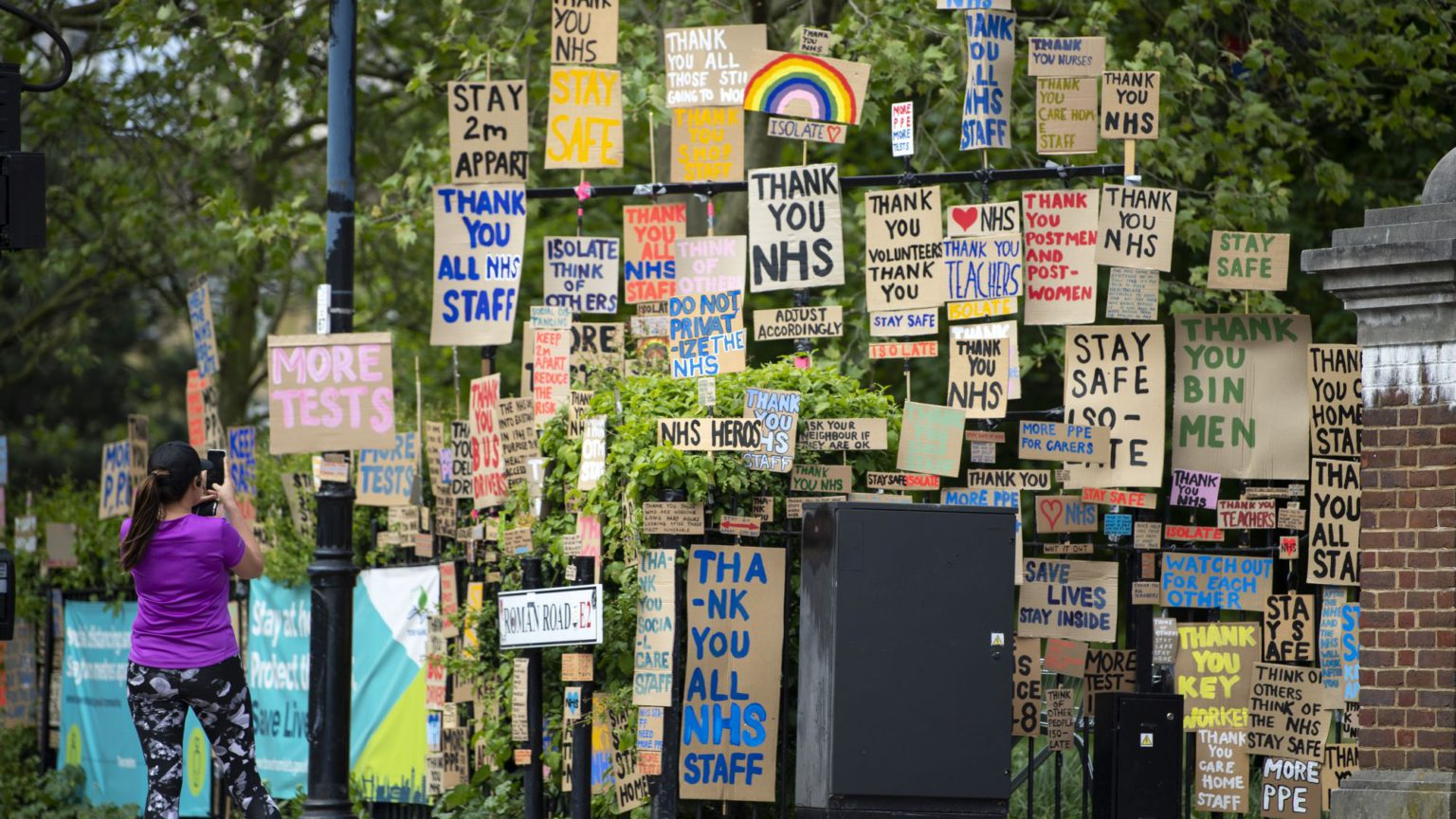
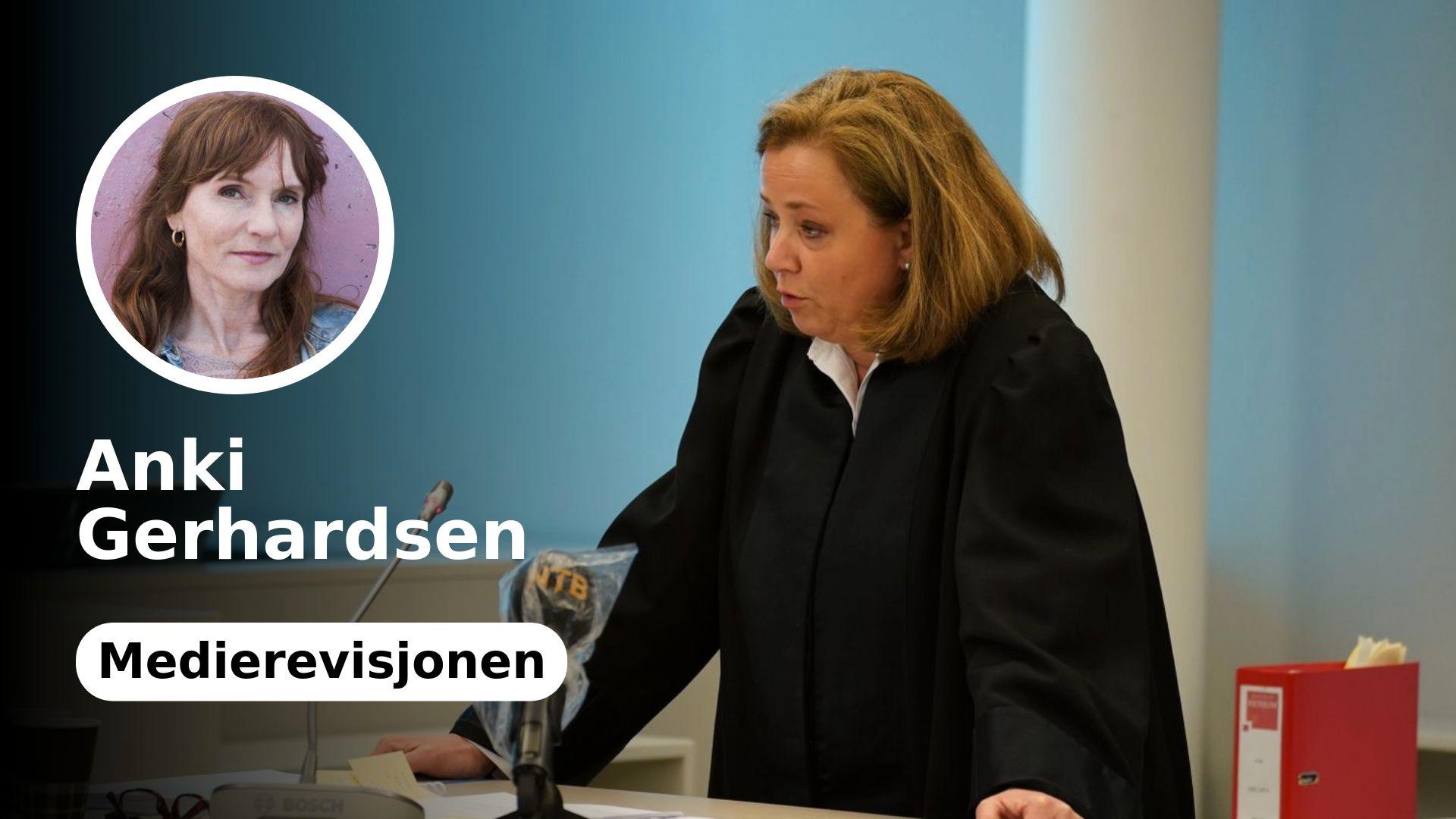


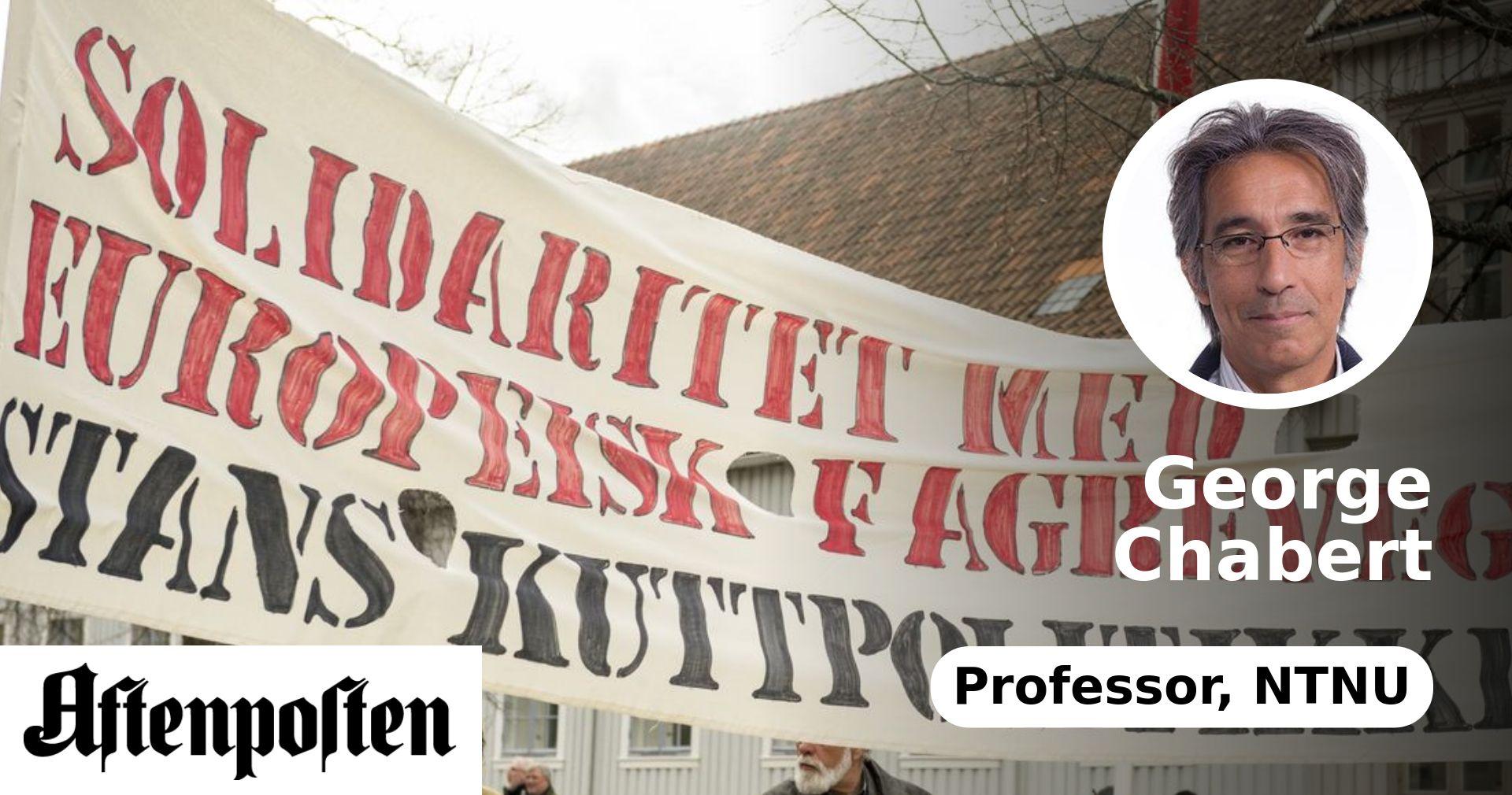

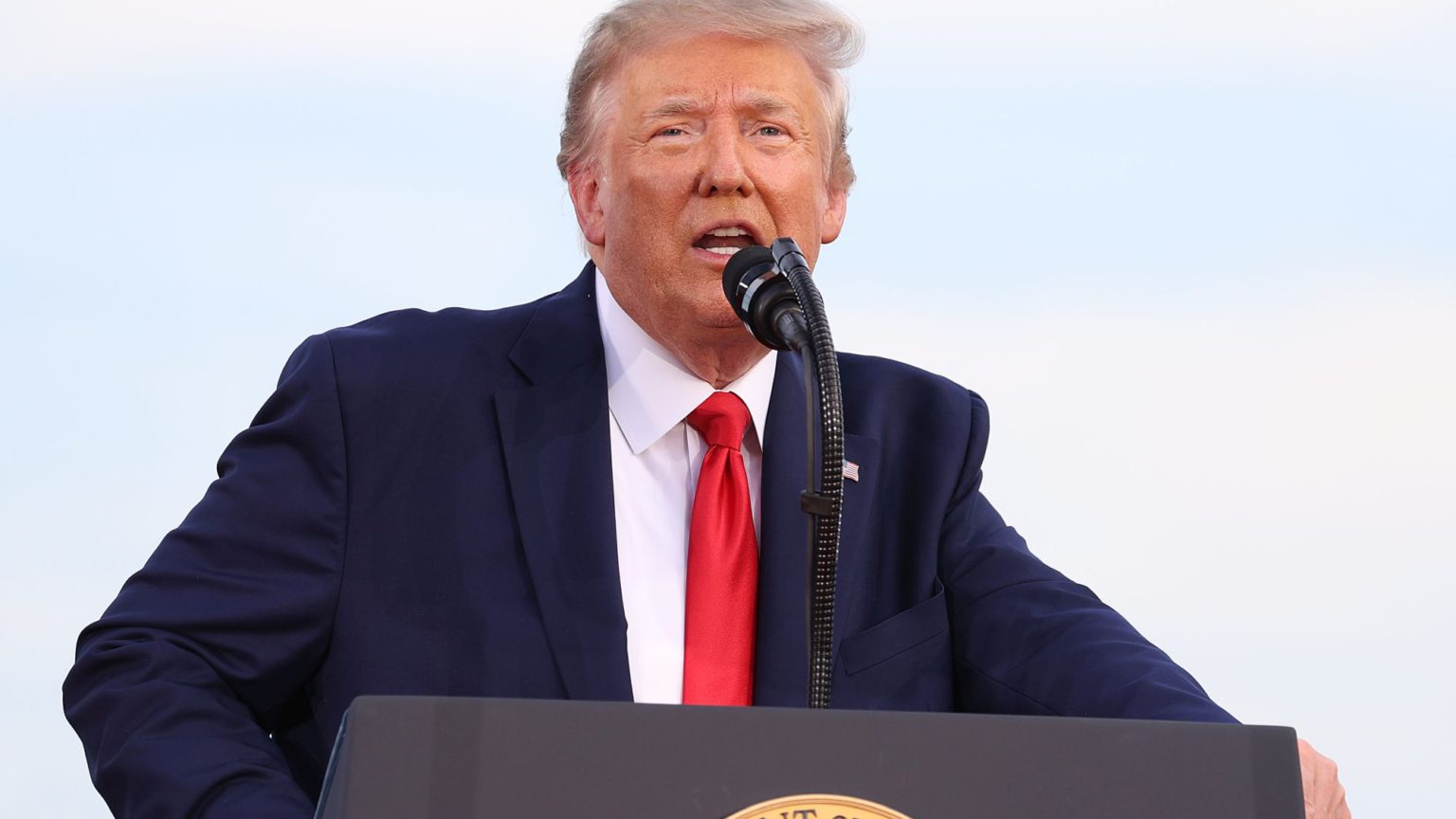

 bok365.no
bok365.no



